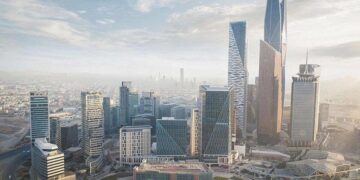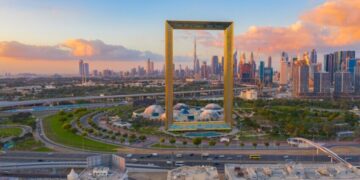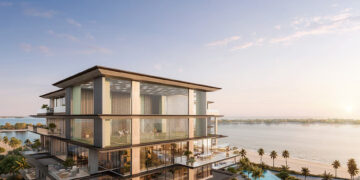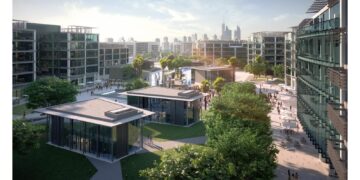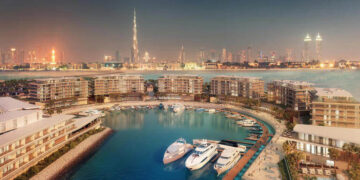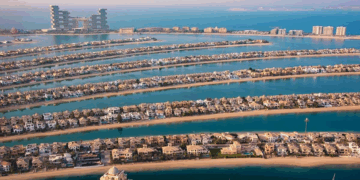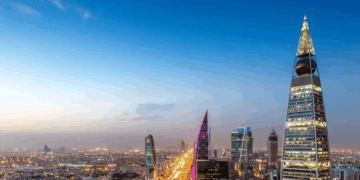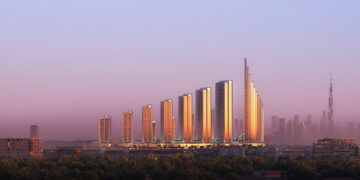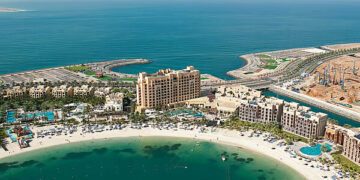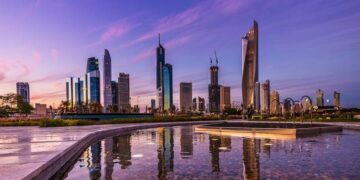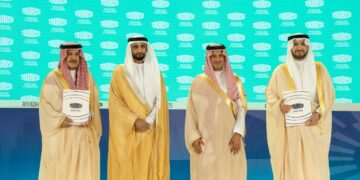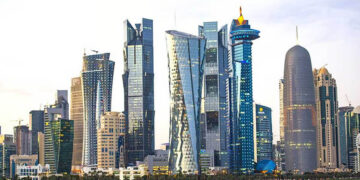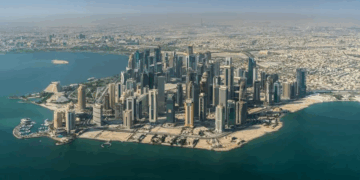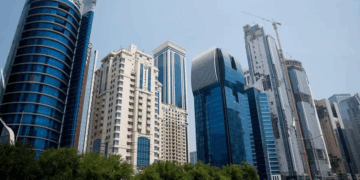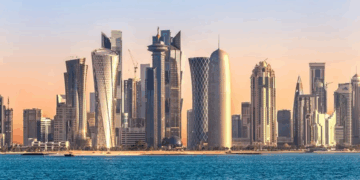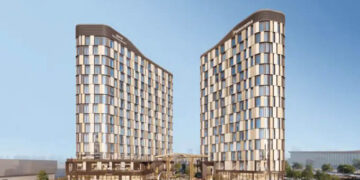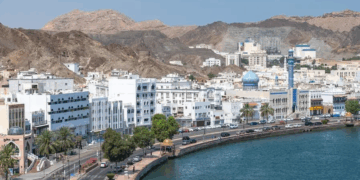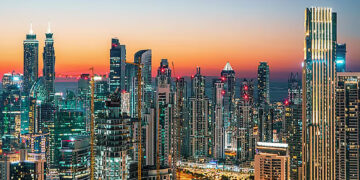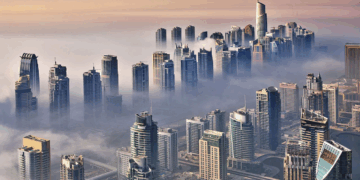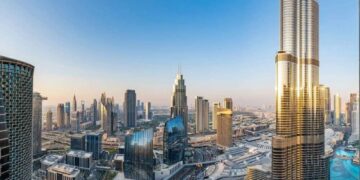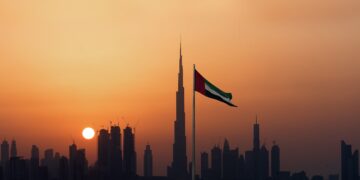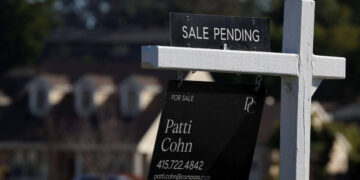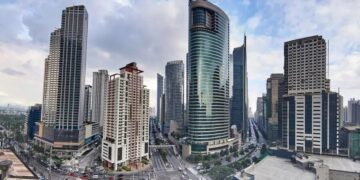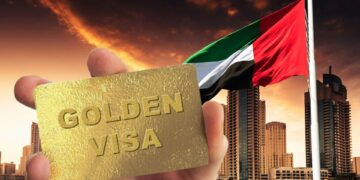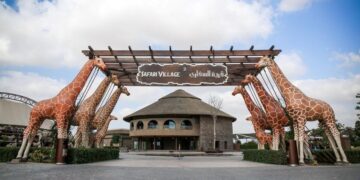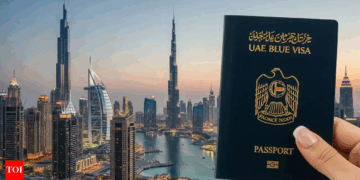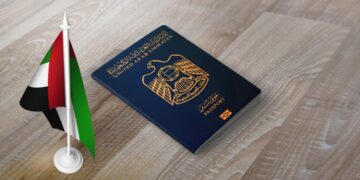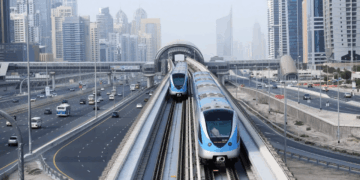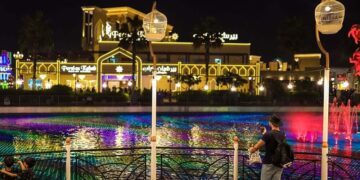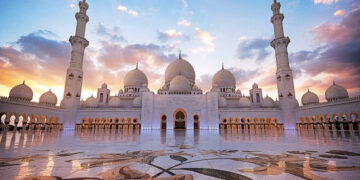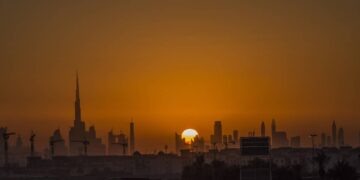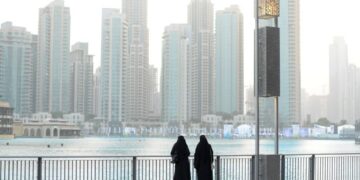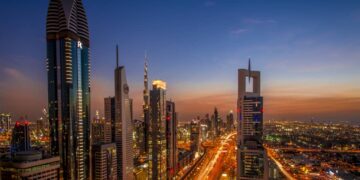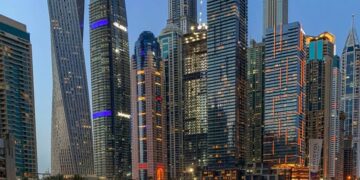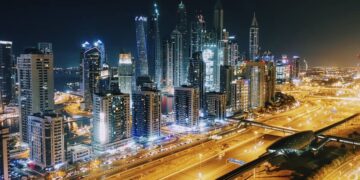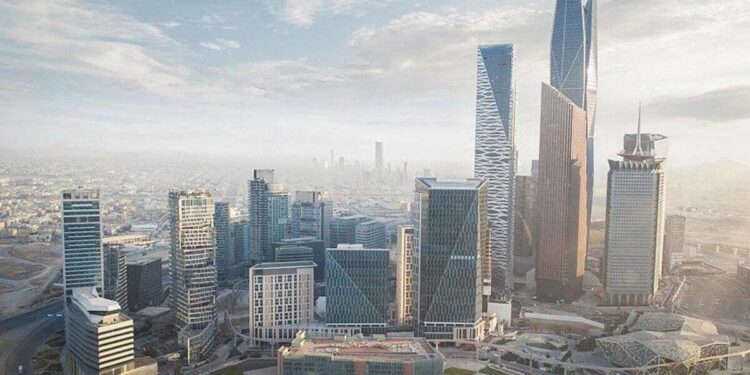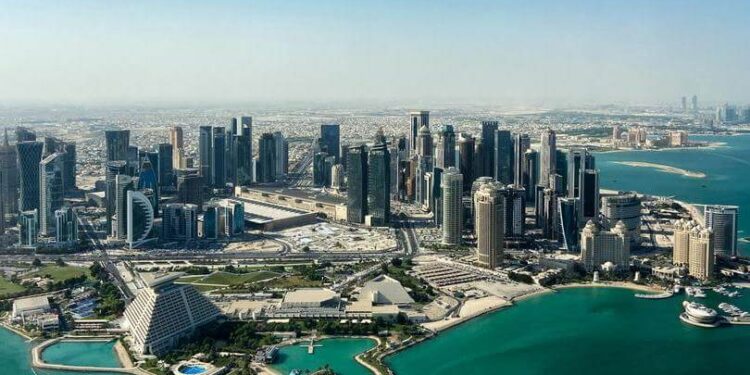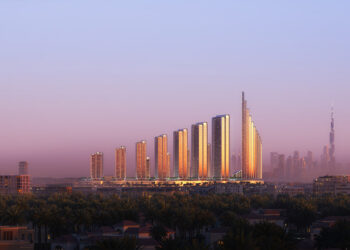Despite global economic challenges and a 0.8% GDP revision last year, the office market in Saudi capital Riyadh maintained its robust performance in the first quarter of 2024 and remains a key contributor to the economy, driven by the non-oil sector’s resilient performance, according to global real estate expert Savills.
The Kingdom’s Purchasing Managers’ Index (PMI) rose to a healthy 57.2 in February of this year, marking the fastest increase in output in five months and confirming the non-oil economy’s role as a major GDP contributor.
This is the 42nd consecutive month that the PMI has risen above 50, indicating that the non-oil sector is expanding.
Amjad Saif, the Head of Transactional Services at Savills in KSA, said: “Despite healthy demand, a significant decrease in the number of office rent transactions was recorded in Q1, with Ejar data indicating a 27% drop in transactions quarter on quarter, due to the limited availability of office spaces.”
However, he noted that Grade A offices saw a 5% increase in rents compared to the previous quarter, owing to the high demand for quality assets in a limited supply, according to Saif.
The upward trend in Grade A offices is expected to continue throughout the year, owing to factors such as Saudi Vision 2030’s emphasis on attracting foreign investment, the country’s ongoing efforts to diversify income sources, and attracting foreign companies to establish their headquarters in Riyadh, it added.
According to the report, 74% of Savills’ inquiries came from overseas, with an impressive 37% coming specifically from US corporations.
“Riyadh is experiencing a remarkable surge in corporate interest, with over 180 foreign companies surpassing the initial target of 160 choosing to establish their regional headquarters in the city,” stated Ramzi Darwish, the Head of Saudi Arabia at Savills Middle East.
“This growing confidence reflects the robust potential of the Saudi capital, fuelled by the country’s strategic economic diversification plan,” noted Darwish.
“Prominent entities such as Franklin Templeton and Allen & Overy have recently set up their regional bases in the capital Riyadh,” he added.
According to Savills, the 30-year tax break for regional headquarters, the expanding market, and promising prospects are attracting international companies and strengthening Riyadh’s position as a critical regional hub for leading businesses in a variety of industries.
Leasing activity was strong in Q1 2024, with Legal Services leading the way, followed by engineering and manufacturing and IT/ITES sectors, according to the report.
Occupier inquiries were dominated by technology, media, and telecommunications (TMT) and banking, financial services, and insurance (BFSI) companies, indicating a wide range of industry interests.
Riyadh’s limited availability of prime office space has resulted in a 98% Grade A occupancy rate, with rents rising 5% quarterly and 20% year on year.
The business parks and King Abdullah Financial District are experiencing high demand, with 75% of transactions involving relocations to these areas.
To alleviate demand concerns, over 420,000 sqm of new Grade A office space is expected by the end of the year, giving tenants more options and helping to keep rental prices stable.
